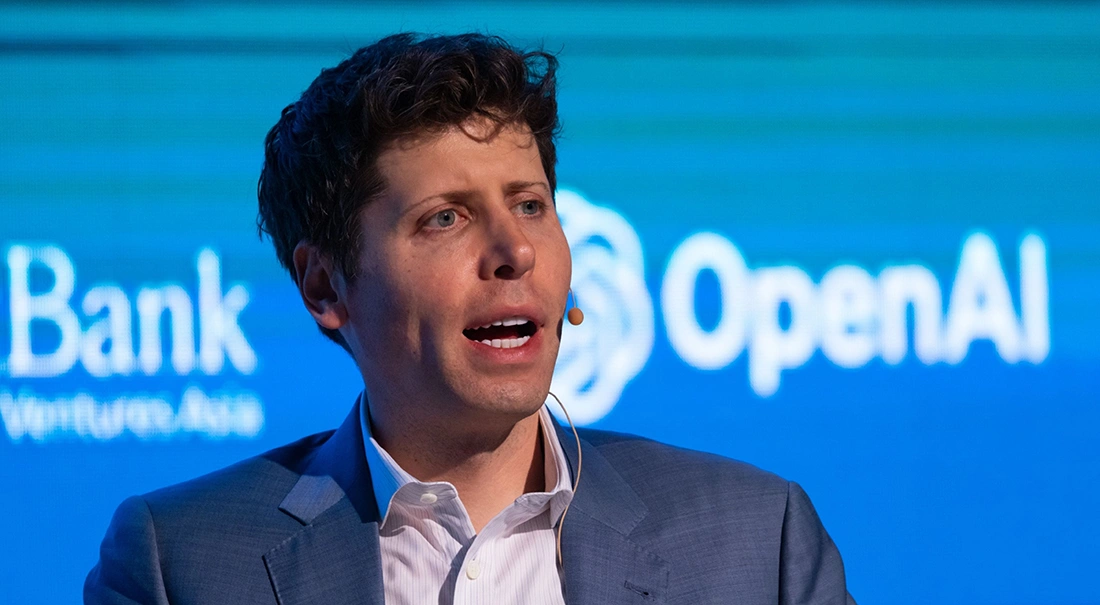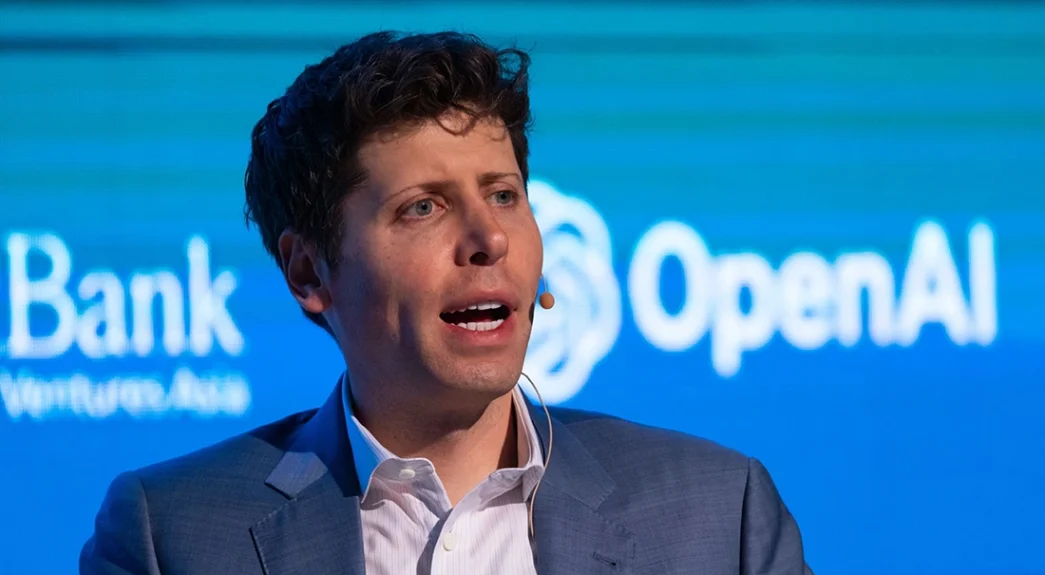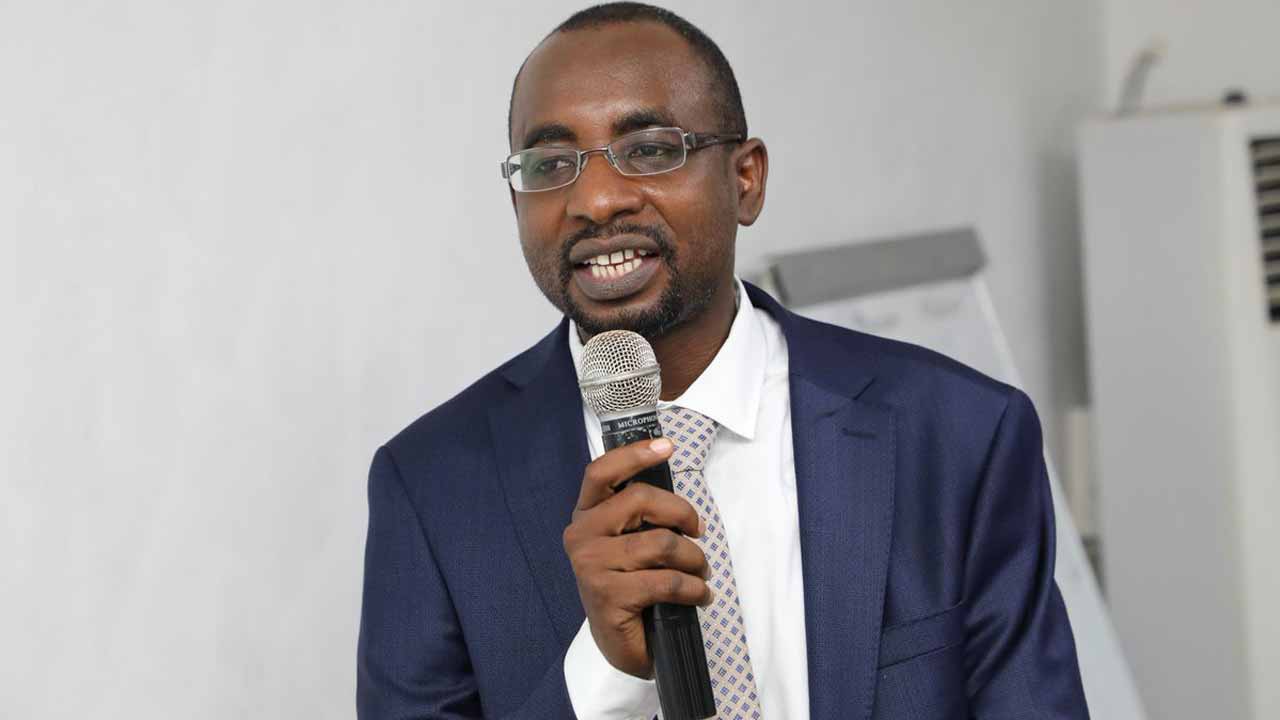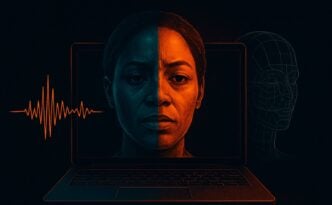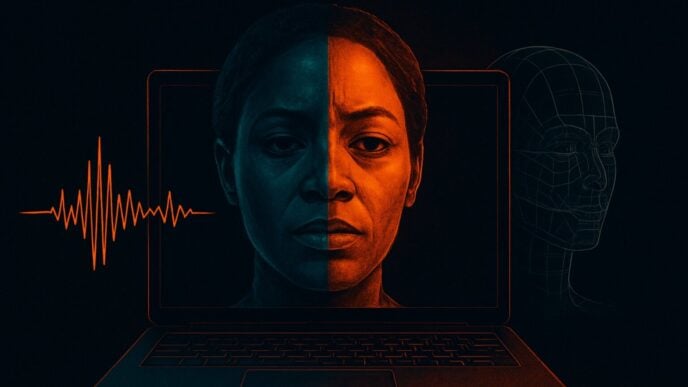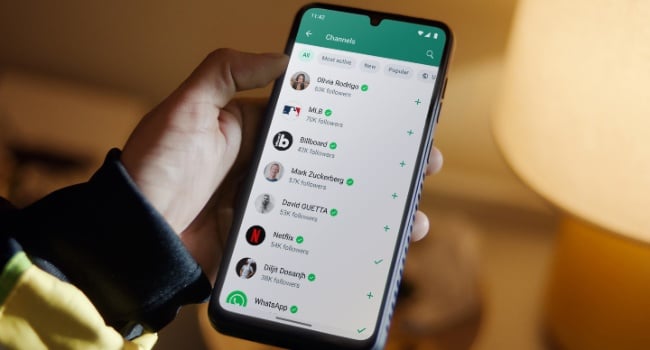Sam Altman, OpenAI CEO
Sam Altman, chief executive officer of OpenAI, has warned that user conversations with ChatGPT are not protected by legal privilege and may be admissible as evidence in court proceedings.
Altman spoke on This Past Weekend, a podcast hosted by Theo Von, an American comedian, where he raised concern over the sensitive and deeply personal nature of interactions users have with the AI tool.
“I think we will certainly need a legal policy framework for AI, one example that we’ve been thinking about a lot,… people talk about the most personal shit in their lives to ChatGPT,” he said, noting that many, particularly young users, turn to the chatbot as a kind of emotional support or surrogate therapist.
“Young people especially use it as a therapist, a life coach, having these relationship problems and asking, ‘What should I do?’”
Advertisement
The OpenAI CEO explained that, unlike conversations with medical or legal professionals, discussions with ChatGPT do not currently fall under any recognised legal confidentiality framework.
“If you talk to a therapist or a lawyer or a doctor about those problems, there’s legal privilege for it,” he added.
“There’s doctor-patient confidentiality, there’s legal confidentiality. We haven’t figured that out yet for when you talk to ChatGPT.”
Advertisement
Altman added that this absence of legal protection leaves room for troubling possibilities, especially in the context of lawsuits and investigations.
“If you go talk to ChatGPT about the most sensitive stuff and then there’s a lawsuit or whatever, we could be required to produce that,” he said.
“If someone confides their most personal issues to ChatGPT, and that ends up in legal proceedings, we could be compelled to hand that over. And that’s a real problem.”
He described the situation as “very screwed up” and stressed the need for urgent action to bridge the privacy gap between AI tools and traditional confidential services.
Advertisement
“I think we should have the same concept of privacy for your conversations with AI that we do with a therapist or whatever. And no one had to think about that even a year ago,” he said.
Altman’s comments come amid growing global debate over data privacy, AI ethics, and the legal boundaries of machine learning systems, especially as their use becomes more deeply embedded in everyday life.
